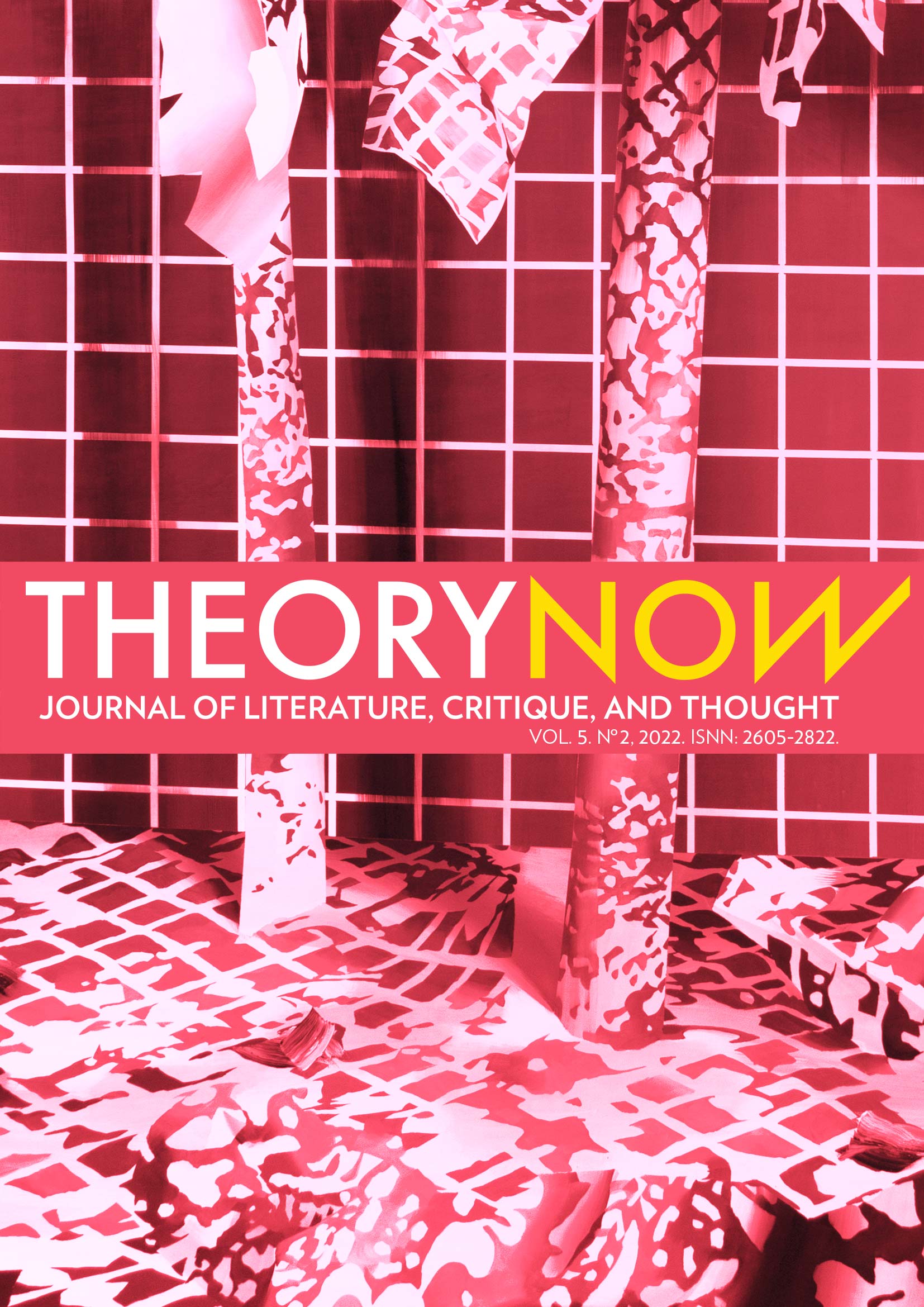“Freedom of Speech” as a Threat to Liberal Democracy: Notes on Stanley Fish’s Critique
DOI :
https://doi.org/10.30827/tn.v5i2.24629Mots-clés :
Liberal democracy, Stanley Fish, Free speechRésumé
In his polemic and seminal book, There´s No Such Thing as a Free Speech and It´s a Good Thing, Too, Stanley Fish argued that the advocates of an unrestrained, absolute freedom of speech ended up weakening the very same thing they intended to defend: liberal democracy. Following, dissecting and analyzing Fish's arguments, this essay intends to show that, from a philosophical perspective, a universal, strong advocacy of free speech is untenable, since it inevitably slips on utilitarian and consequentialist grounds. From an empirical point of view, too, whilst defending unrestricted free speech, their universalistic advocates systematically fail to stick to the principles on which their position is grounded: tolerance, neutrality and negativity. Instead, their arguments end up being political, partial and partisan, as Stanley Fish helps us to acknowledge. However, contrary to Fish's conclusions, this essay argues that it is precisely that partisan logic, that political struggle, that makes unwise to fully disregard "free speech" as a higher value.
Téléchargements
Références
Barendt, Eric. Freedom of Speech. Oxford, Oxford University Press, 2005.
Berlin, Isaiah. “Dos conceptos de libertad”. Translated by Julio Bayón. Cuatro ensayos sobre la libertad. Madrid, Alianza, 1998.
Dworkin, Ronald. Freedom ́s Law. The Moral Reading of the American Constitution. Oxford, Oxford University Press, 1999.
Fish, Stanley. “Interview with Stanley Fish”. Australian Humanities Review, 1998. <http://australianhumanitiesreview.org/1998/02/01/there-is-no-such-thing-as-free-speech- an-interview-with-stanley-fish/> [Accessed 01 December 2018].
____. “Boutique Multiculturalism, or Why Liberals are Incapable of Thinking About Hate Speech”. Critical Inquiry, vol. 23, no. 2, 1997, pp. 378-395.
____. There ́s No Such Thing as a Free Speech and It ́s a Good Thing, Too. Oxford, Oxford University Press, 1994.
Gray, John. “Introduction”. On Liberty and Other Essays, John Gray (ed.). Oxford, Oxford University Press, 1998.
Greenawalt, Kent. “Free Speech Justifications”, Columbia Law Review, vol. 89, no. 1, 1989, pp. 119-155.
Keane, John. The Media and Democracy. Cambridge, Polity Press, 1991.
MacKinnon, Catharine A. Only Words. Cambridge (MA), Harvard University Press, 2000.
Mill, John Stuart. “Of the Liberty of Thought and Discussion”. On Liberty and Other Essays, John Gray (ed.). Oxford, Oxford University Press, 1998.
Parekh, Bhikhu. “Hate speech Is there a case for banning?”, Public Policy Research, vol. 12, no. 4, December 2005–February 2006, pp. 213-223.
Robertson, Michael. “Principle, Pragmatism and Paralysis: Stanley Fish on Free Speech”, Canadian Journal of Law and Jurisprudence, vol. 16, no, 2, 2003, pp. 287-315.
Sandel, Michael J. Liberalism and the Limits of Justice. New York, Cambridge University Press, 1998.
Scanlon, Thomas Michael. “Freedom of Expression and Categories of Expression”, University of Pittsburgh Law Review, vol. 40, 1979, pp. 519-550.
Shauer, Frederick. “The First Amendment as Ideology”, William and Mary Law Review, vol. 33, no. 3, 1991.
Téléchargements
Publié-e
Comment citer
Numéro
Rubrique
Licence
Theory Now Journal of Literature, Critique, and Thought est une publication d’accès ouvert, immédiat et totalement gratuit pour les lecteurs autant que les auteurs. Les auteurs ne payent aucun frais pour le processus éditorial de leurs articles. Nous permettons la lecture, le téléchargement, la copie, la distribution, l’impression, la recherche, le lien ou la réutilisation de tous les travaux publiés à des fins non commerciales, à condition que l’auteur, la revue et l’entité éditoriale soient cités. La diffusion des articles dans les réseaux sociaux (Facebook, Twitter, LinkedIn, etc.) et scientifiques (ResearchGate, Academia.edu, etc.), les dépôts institutionnels universitaires et autres dépôts publics, blogs et web personnels ou institutionnels, Google Scholar, ORCID, ResearchID, ScopusID, etc., est vivement recommandée. Dans tous les cas, la propriété intellectuelle des articles et les possibles droits économiques dérivés d’eux sont conservés exclusivement par leurs auteurs.













